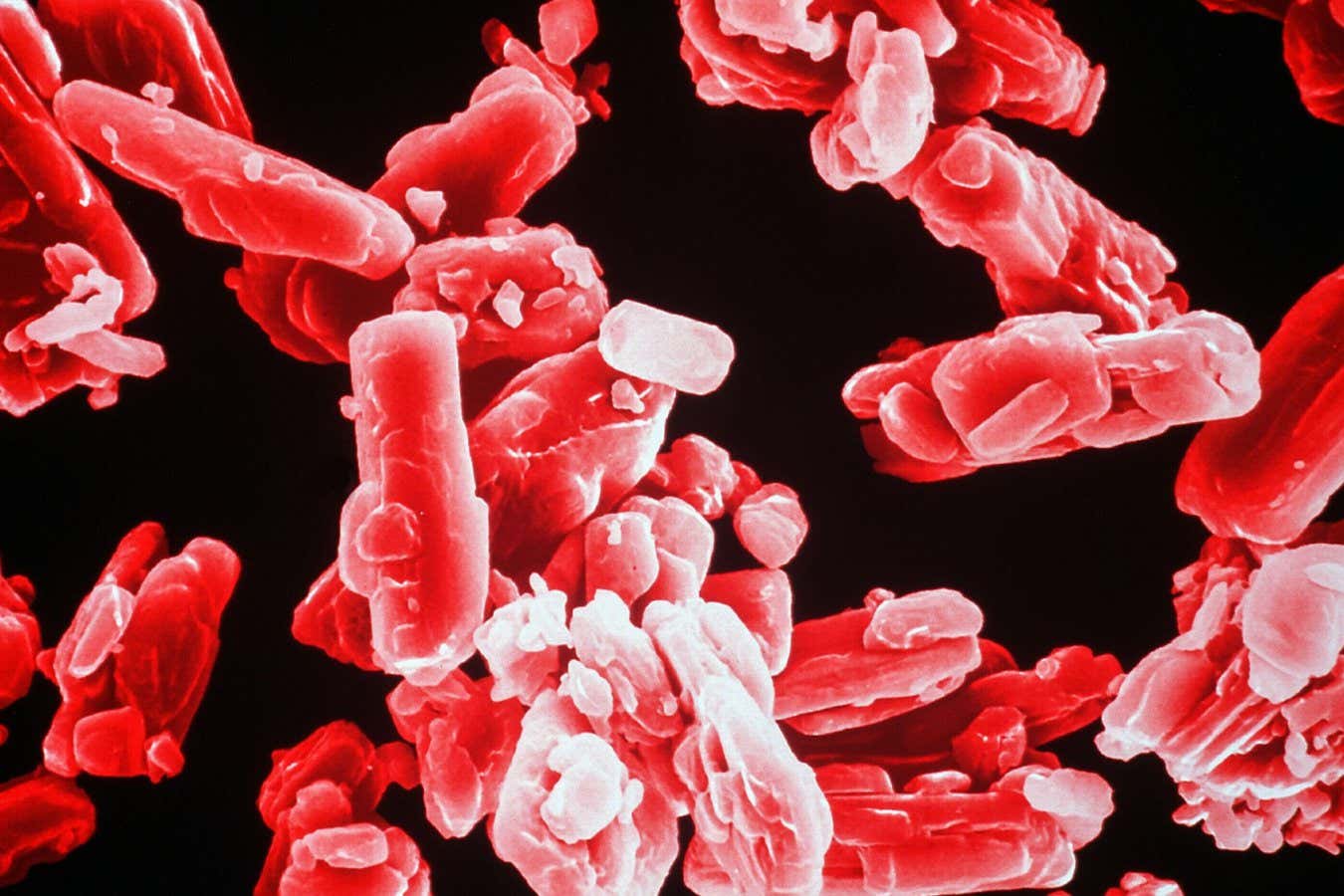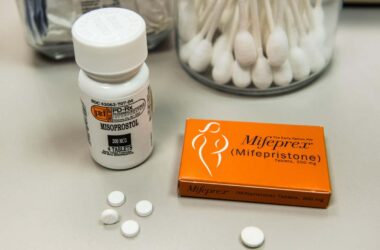A recent trial involving a CRISPR gene-editing treatment has resulted in lowered cholesterol levels for a period of six months in a small group of 10 participants. The treatment, developed by Verve Therapeutics, has shown promising results in reducing LDL cholesterol, which is linked to heart disease risk, by significant percentages in some participants.
While the trial holds potential for a groundbreaking approach in treating heart disease, concerns about safety have been raised, particularly following a heart attack experienced by one participant. Verve Therapeutics is planning additional trials to further assess the safety and effectiveness of the treatment.
The treatment utilizes a form of CRISPR gene editing called base editing, which involves modifying CRISPR enzymes to change specific DNA letters without cutting the DNA. This approach offers a safer alternative to traditional CRISPR techniques, potentially reducing the risk of unwanted mutations.
Unlike previous CRISPR treatments that required costly personalized procedures, the base-editing treatment involves injecting lipid nanoparticles carrying RNAs directly into the body, similar to mRNA covid-19 vaccines. This method could make the treatment more affordable and accessible if proven safe.
The lipid nanoparticles are primarily taken up by liver cells, where they produce a base-editing protein that disables a gene for a protein called PCSK9. This protein plays a role in cholesterol regulation, and by disabling it, cholesterol levels can be lowered.
Although the trial was small, the significant reductions in cholesterol levels among participants who received higher doses indicate the potential effectiveness of the treatment. However, the safety concerns, particularly the heart attack experienced by one participant, underscore the need for further research and larger trials to validate the treatment’s safety and long-term effects.
Unique Insights
The use of CRISPR gene editing in the form of base editing presents a promising avenue for developing a one-time cholesterol-lowering treatment. The approach of directly injecting lipid nanoparticles carrying RNAs into the body offers a more accessible and potentially cost-effective method for administering the treatment. While the initial trial shows promising results, the safety concerns highlighted by a participant experiencing a heart attack emphasize the need for further research and larger trials to assess the long-term safety and effectiveness of the treatment.








